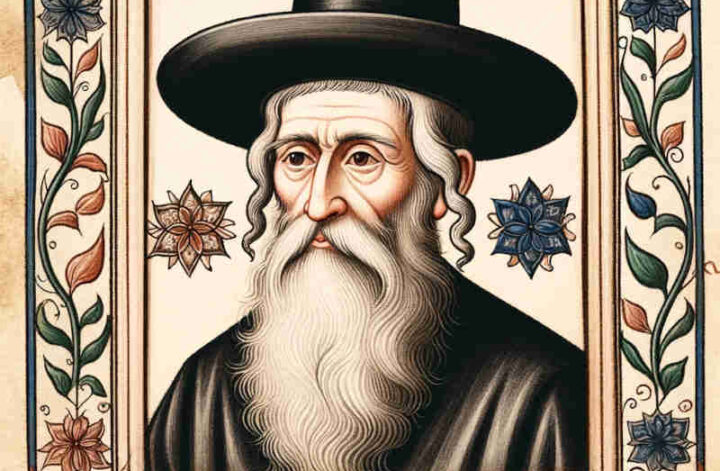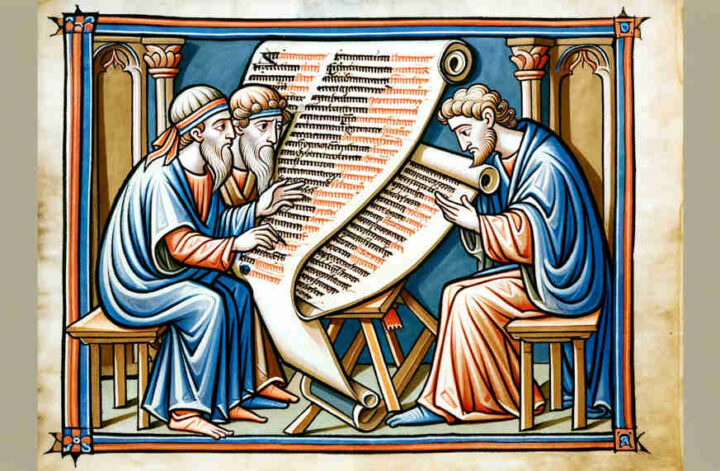Email from David Thompson:
Dear Rabbi Joshua,
I came across a disturbing statement online: “The Jews are called human beings, but the non-Jews are not humans. They are beasts.” It’s attributed to the Talmud, Baba Mezia 114b. This has caused me significant distress, and I am seeking clarification on whether this is an actual teaching from the Talmud.
Kind regards,
David Thompson
Clarifying Misconceptions: The Truth About Baba Mezia 114b
Dear David,
I understand your concern and distress over such a statement. It is essential to approach such claims with a commitment to truth and understanding.
About the Source: Baba Mezia is indeed a tractate of the Talmud, which deals primarily with civil law and ethics. However, the statement you referenced is not found in Baba Mezia 114b or anywhere else in the Talmud. This misattribution is a serious distortion of the text and its teachings.
The Nature of Talmudic Texts: The Talmud is a complex compilation of rabbinic discussions, laws, and ethical teachings spanning several centuries. Its content requires careful study and interpretation within its historical and cultural context. Misinterpretations or out-of-context quotations can lead to significant misunderstandings about its teachings.
Jewish Teachings on Human Dignity: It’s important to note that Jewish teachings emphasize the inherent dignity and value of every human being. This principle stems from the belief that all people are created b’tzelem Elohim (in the image of God). Any statement suggesting that non-Jews are not human or are considered as beasts is not in line with the core principles of Judaism.
Addressing Misinformation: Unfortunately, the internet can sometimes propagate misleading or false interpretations of religious texts. It is crucial to consult knowledgeable scholars or authoritative translations and commentaries when exploring such topics. The statement you have encountered is a misrepresentation and should not be taken as reflective of Jewish thought or the teachings of the Talmud.
In conclusion, David, the statement you read is not found in Baba Mezia 114b or any other part of the Talmud. It does not represent Jewish teachings or values. Whenever faced with such claims, seeking clarity from reliable sources is always the best approach. I hope this response brings you some comfort and understanding.
With blessings and in pursuit of truth,
Rabbi Joshua


